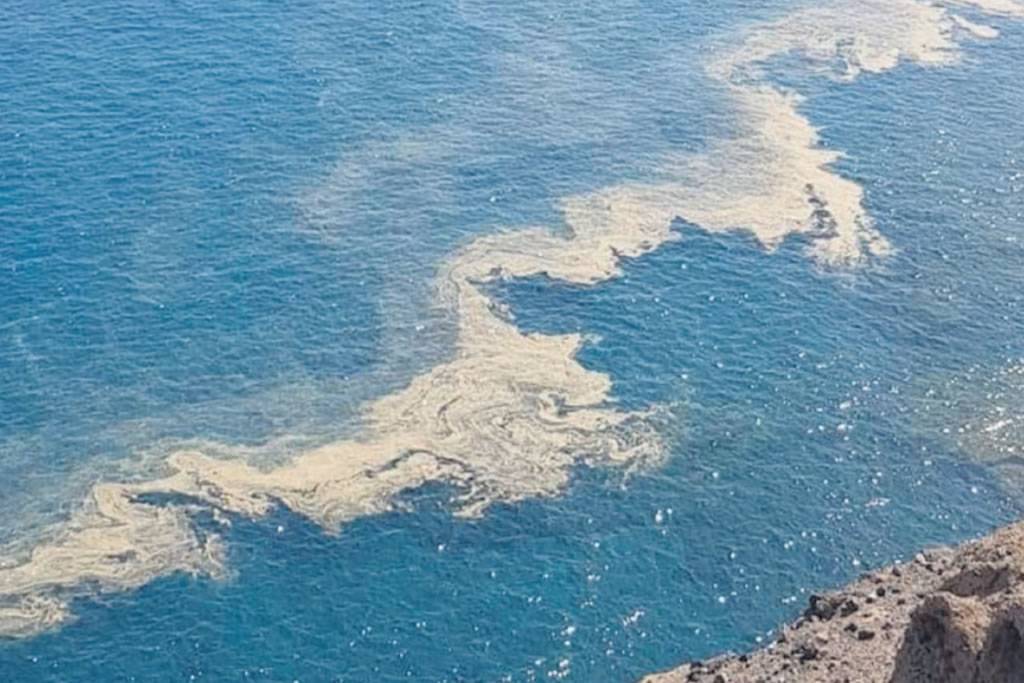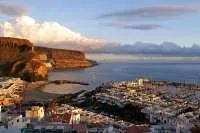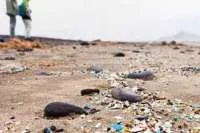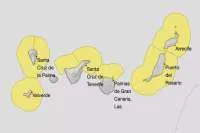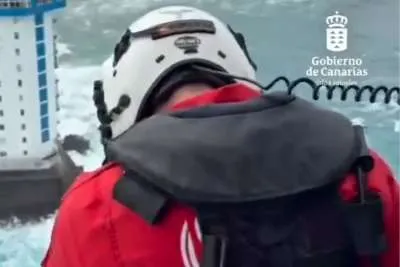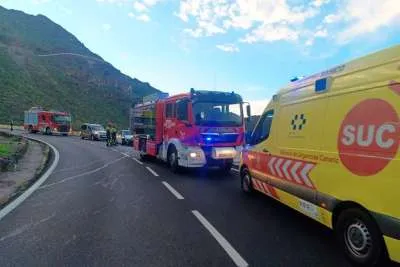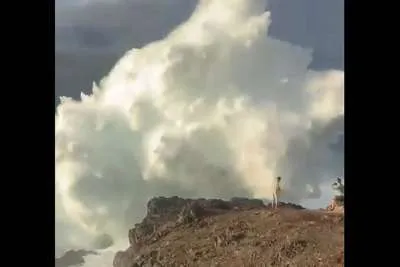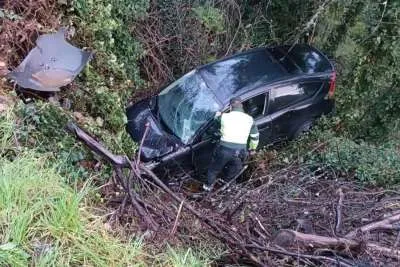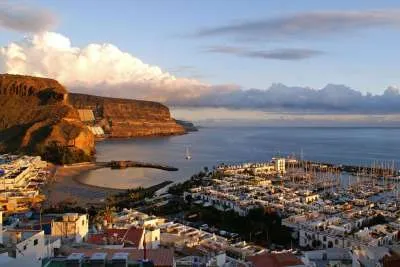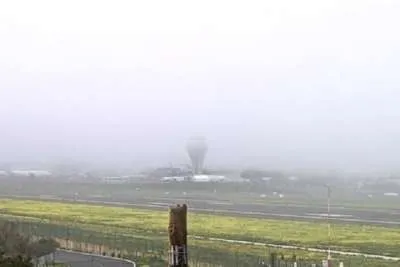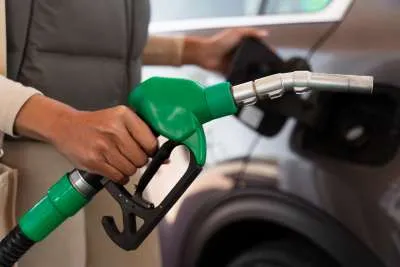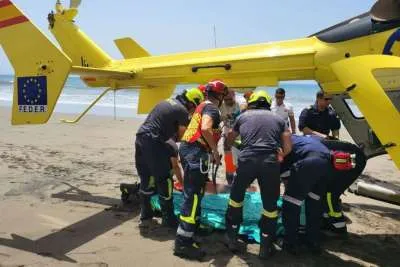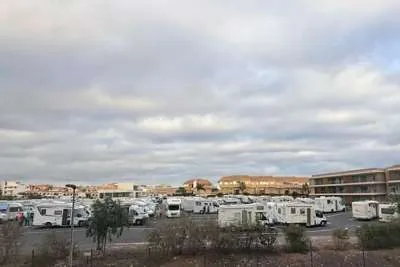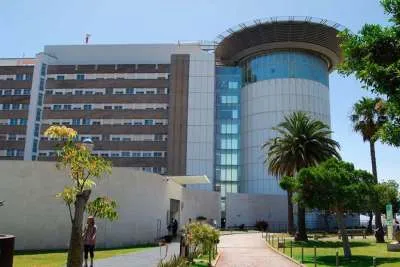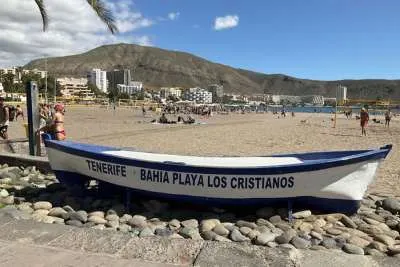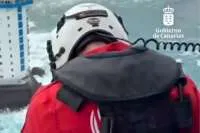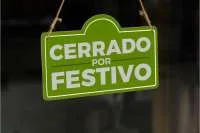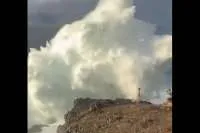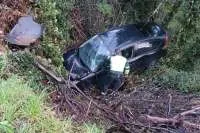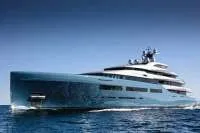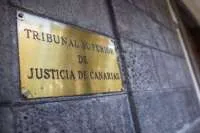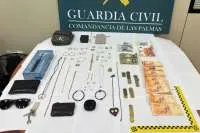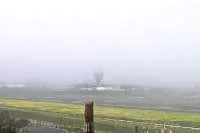Nueva Canarias reports illegal sewage discharges in Arico to the European Parliament
- 19-02-2025
- National
- Canarian Weekly
- Photo Credit: Stock image
The issue of illegal sewage discharges in Arico, along the east coast of Tenerife, has now reached both the Canary Islands Parliament and the European Parliament, following repeated complaints over the local government's lack of action.
Pedro Jonay Díaz, president of Nueva Canarias (NC) in Arico and former local councillor for the environment in 2023, has publicly denounced the lack of response from the Arico Council in addressing the issue.
Given the continued inaction, Nueva Canarias has taken the case to Brussels, through the European Free Alliance (ALE), arguing that it violates EU directives on sanitation and wastewater treatment.
A Widespread Environmental Crisis
Simultaneously, the matter will be debated in the Canary Islands Parliament, where MP Yoné Caraballo has requested a hearing with Mariano Hernández, the Canary Islands Minister of Ecological Transition and Energy. Caraballo has also demanded the submission of all relevant documents on sewage discharges in Arico.
According to Díaz, the situation is particularly dire in Las Maretas, where residents are forced to live with pools of raw sewage in their courtyards. He claims that all coastal settlements in the municipality suffer from poor sanitation and a lack of potable water, especially during peak holiday seasons.
He highlighted several critical areas:
- La Listada: Wastewater overflows from a collection well directly into the sea.
- La Jaca: A waste pit is emptied using tanker trucks, but its proximity to the sea and the porous terrain allows untreated sewage to leak into the ocean.
- El Porís: Underwater sewage outfalls discharge untreated wastewater directly into the Atlantic.
- Abades: Suffers from the same inadequate sanitation infrastructure as neighbouring towns.
Díaz has proposed the installation of lagoon-based treatment plants, a system already successfully implemented in Santa Lucía de Tirajana in Gran Canaria.
TENERIFE: THE ISLAND WITH THE MOST ILLEGAL DISCHARGE SITES
Responsibility for addressing these issues falls on the Arico City Council, as wastewater management is a municipal responsibility. The Tenerife Hydrological Plan, valid until 2027, requires the council to upgrade wastewater treatment and pumping stations, as current facilities lack legal authorisation. However, no progress has been made towards implementing these measures.
Failure to act could have serious environmental and financial consequences. Díaz warns that Canary Islands authorities have already faced EU sanctions for violating wastewater treatment regulations and that, unless urgent action is taken, further penalties may follow.
According to a 2021 wastewater discharge census, the Canary Islands had 434 known discharge points, of which only 28% were legally authorised. Tenerife alone accounts for 45% of all illegal sewage discharges, making it the island most affected by this crisis.
Díaz has stressed that “if we do nothing, the sea will give it back to us.”
Other articles that may interest you...
Trending
Most Read Articles
Featured Videos
TributoFest: Michael Buble promo 14.02.2026
- 30-01-2026
TEAs 2025 Highlights
- 17-11-2025


